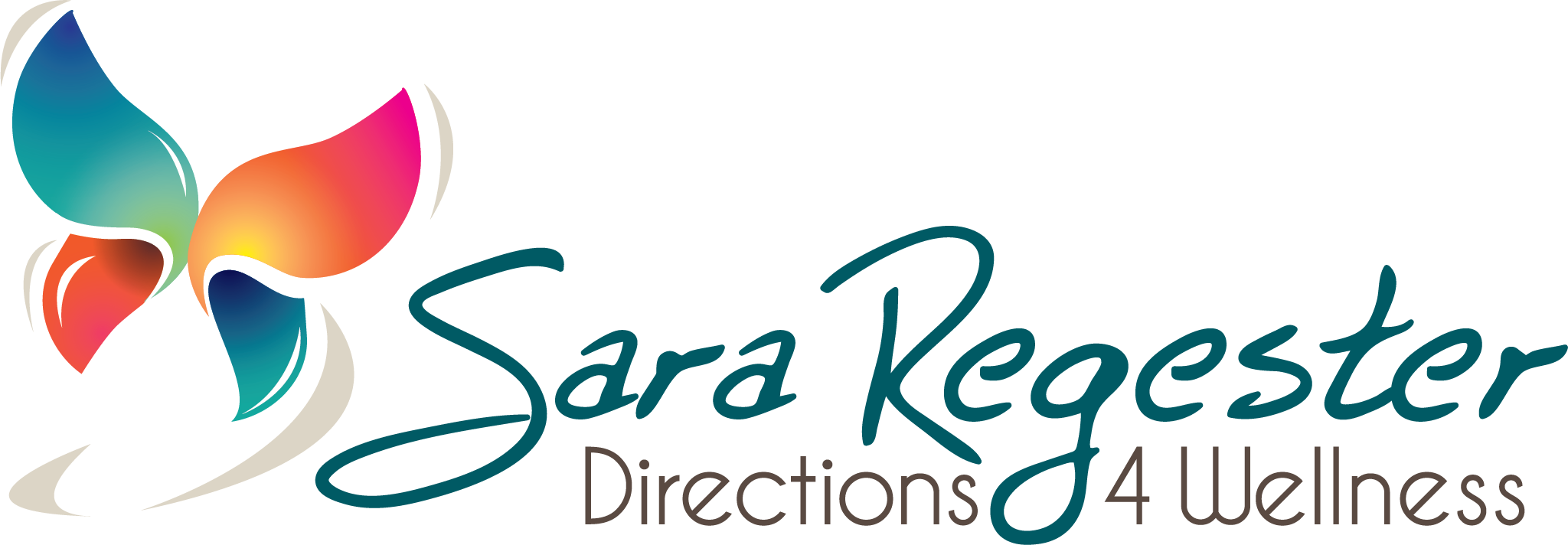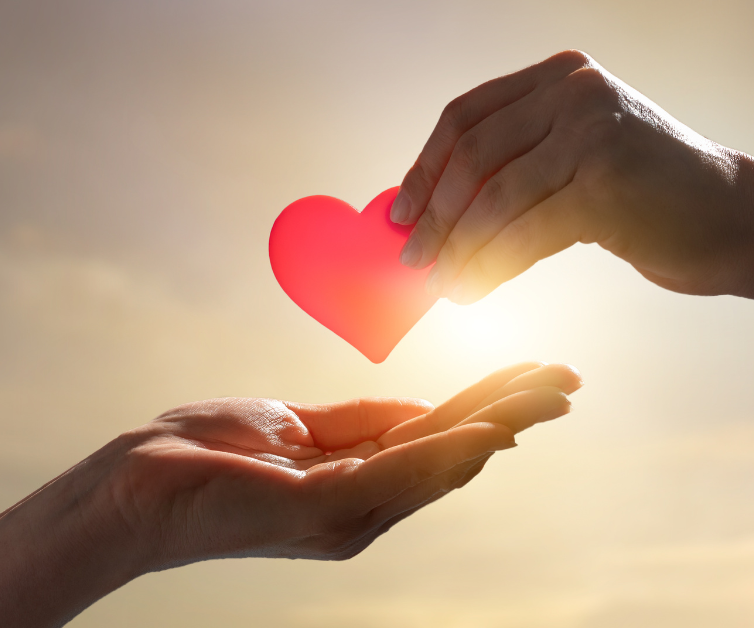“Tis the season” is just around the corner when resentments build, and emotions can become triggered as overwhelm and busyness ramps up and time becomes condensed.
We open the door to stress when we feel guilty about something we did or should’ve done that impacts someone else. When our guilt is triggered, we lose emotional balance, and our inner dialogue takes over to dwell on the situation. We lose energy AND swirl around in our thoughts to focus on the scenario and pull us from the present moment. If we are reactive, we can go into blame. This sounds like dominos as one thing leads to another in this emotional spiral of stress.
There can be difficult people in our workplace or at home who can trigger our guilt if they perceive we did something wrong from their viewpoint. Their feelings may be based on expectations or informed by their own rules and laws that don’t apply to us but where their blame is directed toward us. Or vice versa….this can work both ways.
When we are caught in feelings of guilt, it is essential to pause and ask ourselves, “What is the truth?” What do I know? What do I not know? What do I need to take responsibility for?
This mindful approach takes discipline as it can be easy to play the blame game and feel reactive and resentful rather than reflective about the situation.
When our personal and professional values compete with each other, we can feel guilty if we choose one value over the other. When we get busy multi-tasking this time of year, we can misstep and say or do something that harms another. (Or they can harm us, blame and guilt go both ways).
These situations can arise more frequently as we head into the busy holiday season when our resilience routines like sleep and exercise get off track. Typically, we have more things to prepare for and events to attend. Our fuse can get short, and our stress can build, which will make us less mindful.
If we pause and ask ourselves, “What is the truth?” and we do see where we have created an injustice with another person, we can recognize where our guilt stems from. Restoring balance with another starts with taking responsibility and acknowledging that we have done something that created a negative impact on another.
Forgiveness becomes necessary when some kind of wrong has happened in an engagement. It creates indebtedness that blocks our character, masks our shining, and impacts our key relationships with those in our everyday lives.
When we recognize the need for forgiveness, we always need to start with self-forgiveness. Only with self-forgiveness can we forgive life and others. We either caused the violation, or we let it happen. It was a mistake. End of story. Nothing is unforgivable. Unfortunately, we are often harder on ourselves than those we care for or work with. We can take responsibility for what is ours to forgive when we are willing to explore the truth to understand. Once we start with ourselves, forgiveness will refine us.
Emotional forgiveness: begins with self-forgiveness. If we don’t forgive ourselves, we won’t be able to forgive others.
Mental forgiveness: is focused on whether or not we learn. Hindsight is a great teacher and is often followed by a sobering realization of our folly. Forgiveness makes us wiser.
Physical forgiveness: addresses whether or not and how we take responsibility for our physical actions.
Forgiveness is an act of courage. When we face the truth of the situation and actively express ourselves with open heart-to-heart communication, we can restore understanding and balance. Difficult relationships at home and work can become less reactive and more cohesive.
When forgiveness is genuine, heart-felt, and sincere, resentment dissolves and blame is discharged. The art of forgiveness restores balance and harmony and is worth initiating the conversation to calm inner stress and give-away feelings of guilt.
The gift we give ourselves when we engage in the art of forgiveness is to become a wiser, kinder, better version of ourselves as a true work in progress.


Recent Comments